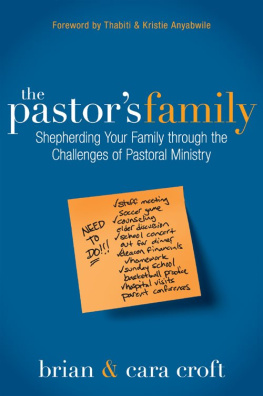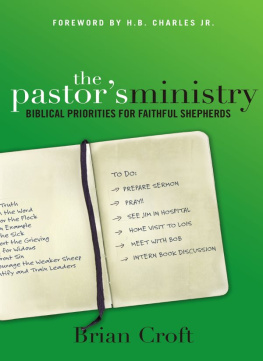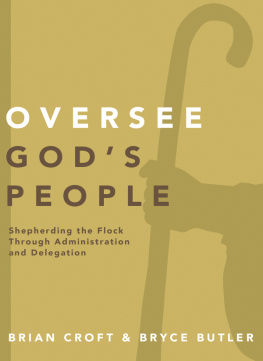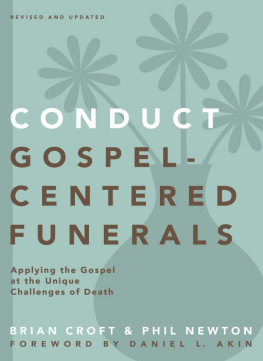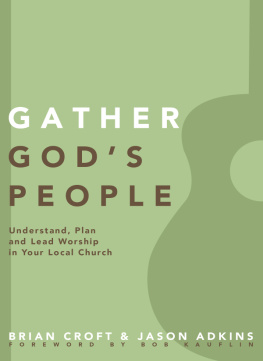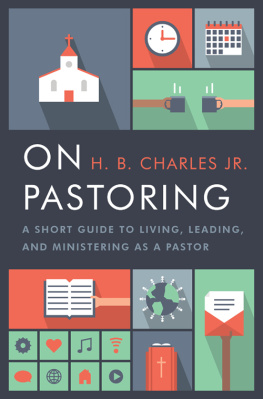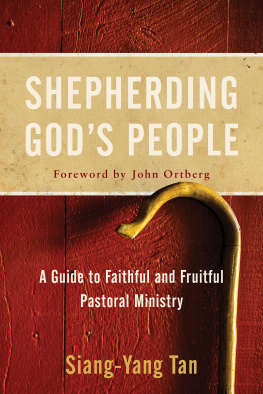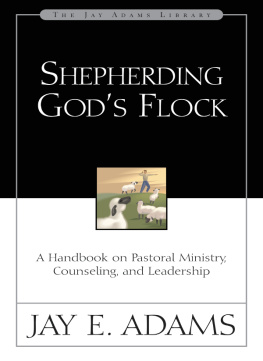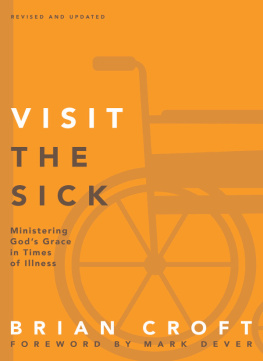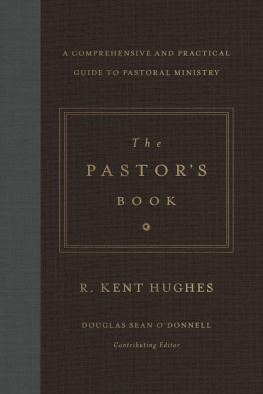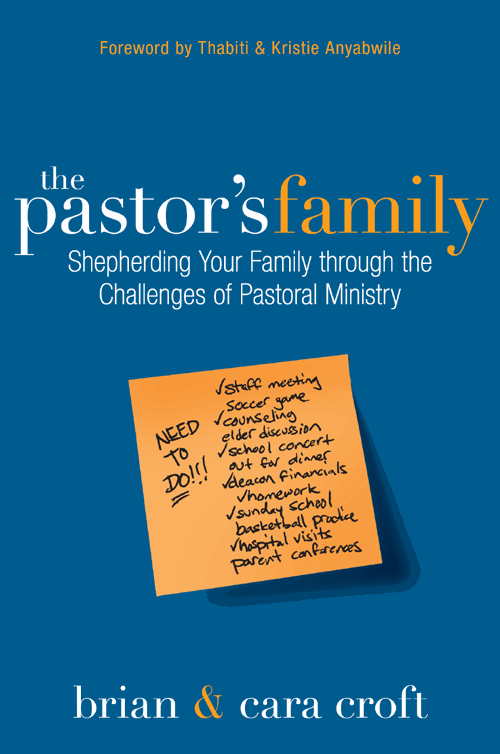E very family must adjust its lifestyle based on the parents profession. A bakers family must adjust to the baker having to be out of the house and at work before dawn, kneading and preparing dough to rise, making pie crust and icings and fillings and biscuits for the first customers. A military family must adjust to not seeing a parent on a tour of duty for weeks and months at a time. A police officers family must adjust to the emotional toll on their loved one from seeing crime up close and personal, day in and day out. Both police and military families must cope with a parent putting his or her life on the line to serve and protect their community and country, not knowing if theyll return home at the end of a tour or shift. A doctors family must adjust to an unpredictable schedule, emergency calls that interrupt family time, and the constant stress that husband and dad experiences from dealing with illness or loss. An executive and his or her family must invest a lot of time and planning into maintaining a lifestyle of keeping clients and colleagues satisfied, dealing with business trips, and attending or hosting dinner parties.
Many other examples are out there among them is the pastors family. Yet the pastor and his family tend to face pressures that span a number of professions. Like the baker, hes up at the crack of dawn, kneading his own heart with prayer and Gods Word to prepare to serve the church. Like the military man and police officer, he often places his well-being on the line to serve and protect others, often not able to give details about the pain and suffering he witnesses on a regular basis. As with the doctor, his schedule is unpredictable, and those late-night emergency calls must be answered. As with the executive, meetings and church functions lead to long hours and fatigue. The pastors life, like that of those in many other professions, is full and busy and tiring.
Two veteran pastors capture this pressure well:
The pastor stands alone, different from the politician, the social worker, the entrepreneur, the engineer, the physician, and the jurist. All these deal with a segment a significant segment of the human enterprise, but the pastor alone steps back from it all, examines it from Gods perspective, and tries to give it all meaning, purpose, and direction. And he accomplishes this without physical power or civil authority. The pastor has only the power of example, the power of trust, the power of respect, and the power of the love of God shed abroad in Jesus Christ.
Anyone who takes pastoral ministry seriously feels the spiritual responsibility and accountability the pastor bears before God for the souls of those entrusted to him. This perspective and weight make the pastors job unique. The pastor feels the multiple expectations of his church, his own family, and the larger community, as well as his own self-imposed demands. The pastor needs a lot of help to think clearly about his life, priorities, and well-being.
This is where Brian and Cara Croft step in to help us. Pastors and their families need a book like this a kind of field manual that speaks to the various demands and expectations they face and provides gospel-centered, family-focused guidance. This book delves into the hearts of each member of the pastors household and offers helpful counsel in shepherding each one according to Gods Word, so that the family can serve together joyfully in the work of the ministry.
Prepare to learn as you join this transparent, insightful, conversational tour of the challenges pastors and their families face in Christian ministry. Were happy to commend not only this book but Brian and Cara as well for modeling so much of what is recommended here. Theyve been not only friends but also examples in this vital area of our lives the pastor and his family.
Thabiti and Kristie Anyabwile
December 2012
Another book on the family?
This may have been your reaction when you first saw this book. Fair enough. I agree. The market has been flooded recently with a renewed focus on the family. A number of excellent books and some less than excellent ones have appeared in recent years. So why add to the madness with yet another book?
I believe the aim of this book is unique, serving a special purpose that most family books dont serve. Its a unique book because its about a unique kind of family the family of a pastor. This is a book written for men who have answered the call to serve the church of God as preachers, teachers, leaders, and shepherds. And its written to address a unique problem these church leaders face: How do you faithfully serve the church while serving your family? How do you balance the demands of ministry with the demands of being a father and husband? How do you prioritize your time between preaching the Word, making disciples, and loving your wife and children?
Pastoral ministry is more challenging than ever today, with burdens and expectations that many pastors didnt experience in previous generations. Many aspiring pastors start out in ministry with great zeal for the work God has called them to do, but the difficult demands and pressures of ministry overwhelm them and they quickly crash and burn, leaving them with a battered faith and a broken family. This book is written to call the pastor to the priority of shepherding his family while still faithfully serving the church. Our belief is that it is possible to do both. We have tried to identify the unique challenges of pastoral ministry, diagnosing the causes that lead to tension between the family and the church, and we propose biblical solutions. Before we jump into all this, however, let me give you some context for the advice shared in the pages that follow.
First, be warned that I am not an expert on this subject. I am a husband, yes. And I am a father and a pastor. I regularly fail at each of these roles. If you have picked up this book in the hope that I will have all of the solutions to the struggles in your life and ministry, you will be disappointed. I write this, not as an expert, but simply as a husband, father, and pastor who has a deep desire to faithfully learn by Gods grace in each of these areas. The suggestions I offer are merely that suggestions to serve as a template for you to apply in your own specific family and ministry context. Perhaps God will use my failures and the lessons I have learned to bless others. I am trusting they will be received by those who read this with the awareness that I am a sinner saved by Gods grace, one who is still in the trenches fighting for joy and faithfulness in family and ministry.
Second, this work is not intended to create an us versus them mentality between the pastors family and the local church. Though this is the tension many pastors feel the pull between the responsibilities of family and the demands of the church I do not believe this is a necessary tension. My family and I had some difficult years when we first arrived at the church where I now serve. We were entering a struggling, declining church, and I proceeded to make many rookie mistakes. Those early years were a time of struggle but also a time of learning many of the painful lessons I write about in this book. I share these experiences, not to reinforce a negative perception of the local church, but to show that it is necessary to struggle through this tension and arrive at a healthy balance. I believe pastors should love their churches and the people they serve, regardless of the challenges of ministry. Our family deeply loves our church, where we have now served for over a decade. But we love it even more today because we grew and matured through the struggles we share in this book.

